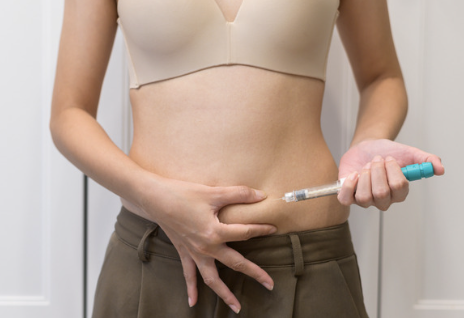The need
Fertility issues are increasingly experienced or discussed — for example 19% of all couples are unable to conceive after a year of unprotected sex, with 10% of all couples still being unable to conceive after 2 years of unprotected sex.
This means that ART [assisted reproductive technologies] like IVF, are becoming much more commonplace. For example, in the UK in 2021 there were roughly 76,000 IVF cycles, making a dramatic increase from the 6700 cycles reported in 1991.
The success rates
Success rates of IVF have also improved greatly since 1991 — increasing from 6% then to roughly 25% – 30%for the first time, now. There are a range of different reasons as to why IVF may be successful or not, including your age and reasons for infertility.
While the NHS offers some people IVF, many either decide to or are forced to go privately. This is no small decision, as each cycle of IVF may cost up to £5000 or more.
Therefore, this large cost combined with the fact that your IVF cycle may not be successful — it is of course really important that you try to optimise your chances of success as much as possible. While there are many ways to improve your chances, for the sake of this article we are going to focus on the growing body of research dedicated to the vaginal microbiome and likelihood of IVF success.
The role of the vaginal microbiome in IVF success
Research is increasingly highlighting that the vaginal microbiome can be both an indicator and play a role in chances of IVF success.
For example, recent study found that women with unfavourable vaginal microbiome profiles were 7 times less likely to become pregnant through IVF, than those with favourable (balanced) vaginal microbiome profiles. [for more information on what the vaginal microbiome is, and what a balanced microbiome means, then check out our free Vaginal Health Clinic]
The vaginal microbiome’s role in IVF is thought to be linked to a higher chance of successful embryo transfer. A healthy, balanced microbiome is also more protective — reducing inflammation and risk of infection in reproductive organs — all of which is linked to fertility.
Signs you may have an imbalanced vaginal microbiome:
- Recurrent miscarriage
- Recurrent infections
- Unexplained infertility
- Endometriosis patients
- After a course of antibiotics
- Vaginal symptoms — including dryness, inflammation, itchiness
**however — 84% of those with a vaginal microbiome imbalance are asymptomatic (showing no symptoms)!
How do I optimise my vaginal health?
Step 1:
Figure out your vaginal microbiome composition and community state-type.
- The ScreenMe vaginal swab test use NGS technology to screen 100% of bacteria present in your microbiome with 99.9% accuracy.
- This is greater than any other test type such as PCR or culture tests.
Step 2
Speak to an intimate health practitioner
- Each ScreenMe test comes with a free consultation with an intimate health practitioner.
- This creates a space where you can have your results explained to you, raise any concerns, and ask any questions that you may have.
- Vaginal health can be confusing — so we don’t leave you in the hands of Dr Google to try and figure out what is going on!
Step 3
Create your bespoke plan of action
- Each microbiome is unique. So, with your practitioner, you will create a plan of action that works specifically for you.
- ScreenMe plans include recipes, nutrition, lifestyle & product recommendations.
Step 4
Optimise your vaginal health & your chances of success!
- ScreenMe was created to help you to get the answers you need, and reach your health goals.
- Optimising your vaginal health allows you to optimise your chances of success!
- Don’t believe us? Believe some of our success stories available here, on our Google reviews or on our Trustpilot!
We at ScreenMe are here for you at every step of your journey. If you need any further support, please contact a member of the team at support@screenme.co.uk
Jessica Hobbis



